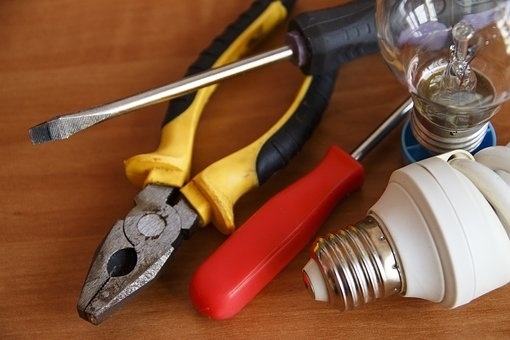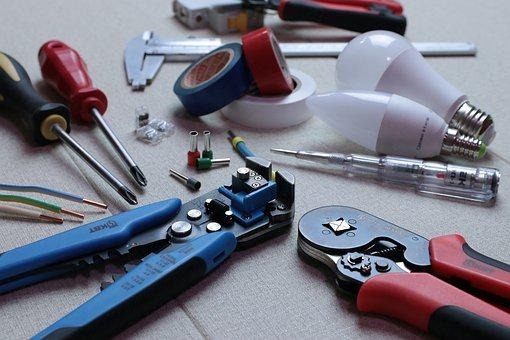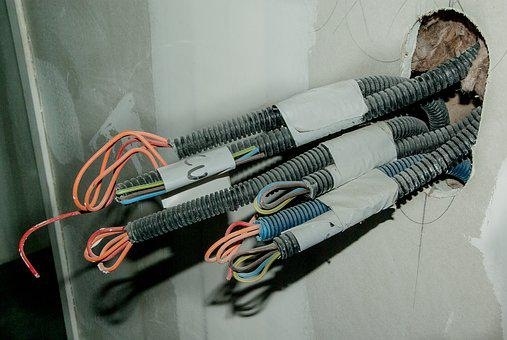Tucson Electrical Contractors
Tucson Electrician

You can ask your electrician questions about their licensing and training. It is possible that an unlicensed electrician will not be licensed to work within your area. Therefore, it is important to ask about their training and licenses. Also, ask for their names and you will get an idea about their reputation. This will enable you to assess their work quality. Be sure to verify their insurance coverage and licensure. This will help you make an educated choice when hiring an electrician.
GFCI outlets are one of the most important things you should look out for when an electrician inspects your home. Although GFCI outlets are designed to protect electrical wiring from damage, they can also fail for any number reasons. These outlets are designed to prevent electrical wiring from being shocked and will usually not trip when the test button has been pressed. They can trip in dangerous ways that could set off a fire. These are signs to watch out for.
The electrician will not only check the wiring of your house or business but also the main electrical panel. It acts as the hub for your entire electrical system, pushing electricity across the wires to all systems. An electrician should inspect this panel at minimum once a year to check that all connections are secure. Also, make sure the bus bars are properly connected to the breakers to conduct electricity. He or she will also verify the capacity of the electrical circuitbreaker.


